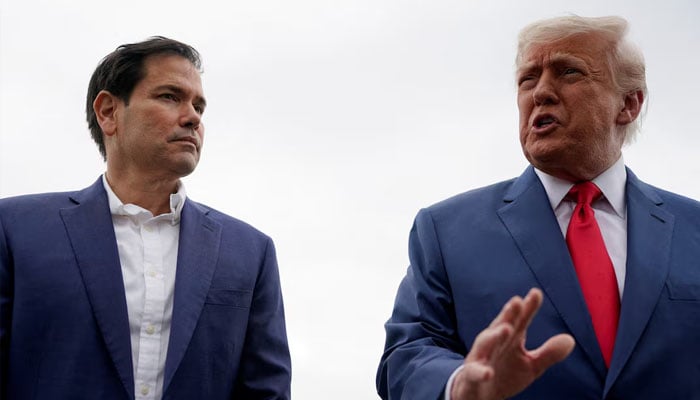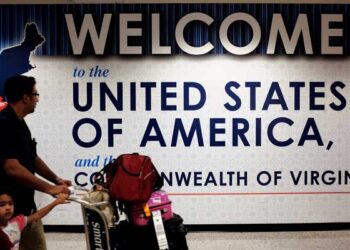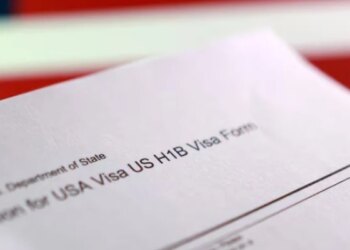Select Language:
- Part of Trump’s immigration policy changes.
- Concerns related to security and terrorism.
- Not every concern applies to all listed nations.
The administration of U.S. President Donald Trump is looking into possibly expanding travel restrictions significantly by banning citizens from 36 additional countries from entering the United States, as revealed in an internal cable from the State Department reviewed by Reuters.
Earlier this month, the Republican leader enacted a proclamation restricting entry from 12 nations, claiming this move was necessary to safeguard the U.S. from “foreign terrorists” and other threats to national security.
This directive is part of an immigration crackdown that Trump initiated at the beginning of his second term, which has involved the deportation of hundreds of Venezuelans who are believed to be affiliated with gangs, as well as attempts to limit enrollment for certain foreign students in U.S. universities and deport others.
An internal diplomatic message signed by U.S. Secretary of State Marco Rubio outlined various concerns regarding the listed countries and called for corrective measures.
“The Department has identified 36 countries of concern that could be recommended for a full or partial entry suspension if they fail to meet established benchmarks and requirements within 60 days,” the cable stated, sent over the past weekend.
This information was initially reported by the Washington Post.
Among the issues cited by the State Department were reports of unreliable identity documents issued by some governments and concerns about the security integrity of their passports.
Some countries were also noted for their lack of cooperation in helping remove their nationals from the U.S. who had been ordered to leave. Furthermore, individuals from these countries have been found to overstay their U.S. visas.
Additional concerns involved nationals of these countries engaging in terrorist activities within the U.S., as well as antisemitic and anti-American behavior.
The cable clarified that not all concerns applied to every country on the list.
“We continually reassess our policies to ensure the safety of Americans and compliance with our laws by foreign nationals,” said a senior State Department official, who declined to provide specific details about internal discussions and communications.
“The Department of State is dedicated to safeguarding our nation and its people by maintaining the highest standards of national security and public safety through our visa processes,” the official stated.
The countries facing potential full or partial bans if they do not address these concerns within 60 days include Angola, Antigua and Barbuda, Benin, Bhutan, Burkina Faso, Cabo Verde, Cambodia, Cameroon, Cote D’Ivoire, Democratic Republic of Congo, Djibouti, Dominica, Ethiopia, Egypt, Gabon, The Gambia, Ghana, Kyrgyzstan, Liberia, Malawi, Mauritania, Niger, Nigeria, Saint Kitts and Nevis, Saint Lucia, Sao Tome and Principe, Senegal, South Sudan, Syria, Tanzania, Tonga, Tuvalu, Uganda, Vanuatu, Zambia, and Zimbabwe.
If enacted, this would mark a considerable expansion of the existing travel restrictions that came into effect earlier this month, which already include nations such as Afghanistan, Myanmar, Chad, Congo Republic, Equatorial Guinea, Eritrea, Haiti, Iran, Libya, Somalia, Sudan, and Yemen.
The entry of individuals from seven additional countries—Burundi, Cuba, Laos, Sierra Leone, Togo, Turkmenistan, and Venezuela—has also been partially restricted.
During his first term, Trump established a travel ban affecting seven Muslim-majority countries, a policy that underwent several revisions before being upheld by the Supreme Court in 2018.







